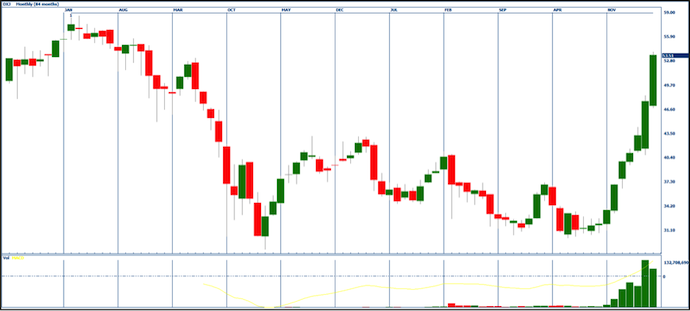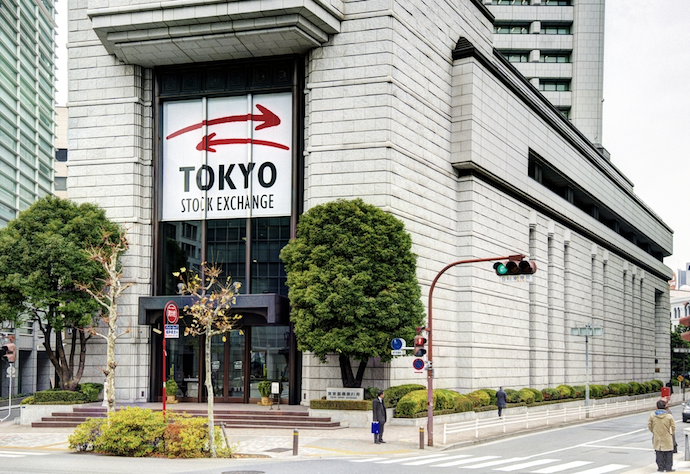The Nikkei Has Been On A Tear: When To Suspend Disbelief
Equity markets have been on a tear of late, due to a number of factors, including better-than-expected corporate profits and historically low corporate interest rates. The US stock market continues to be attractive, but nothing has been as eye popping as the Japanese Nikkei. The Nikkei (NYSE:DXJ) has been on a rocket ship ride, climbing more than 45 percent so far in 2013.
Japan has been in an economic slump for decades and was poised to recover until the country was hit with a combination of natural and nuclear disasters. The country slipped back into recession, barely producing positive growth. Deflation is prevalent but seems to have turned a corner since the Bank of Japan embarked on an inflation-targeted asset purchase program.
Central banks throughout the world are independent government departments that have a mandate to guide price stability and in some cases inflation. In 2013, a new Governor of the Bank of Japan (BOJ) was appointed by new Prime Minister Abe. The new BOJ head has the same mindset as the prime minister and has ratcheted up the central bank’s asset purchase program to achieve an outstanding amount of financial assets of approximately 76 trillion yen ($760 billion). The central bank is not only purchasing government bonds, but also buying corporate bonds and exchange-traded funds.
There is an old caveat, don’t fight the Fed, which likely rings true in Japan. There is little reason for investors to short the Japanese equity markets and plenty of reasons to buy them. Despite the meteoric rise, inflation continues to contract. Better-than-expected inflation results in April yielded inflation that declined by .8 percent. Domestic Japanese investors are liquidating government bond portfolios and moving capital into domestic stocks and foreign bonds. With the BOJ as a backstop, investor can wait until they witness increasing inflation numbers before looking to exit the Japanese stock market.

The Wisdom Tree Hedge Japanese Index ETF is trading at its highest levels since January 2007 and is likely to test those resistance levels near 59 in the short term. Momentum has increased to the highest levels seen in the past 84 months, as reflected by the MACD (moving average convergence divergence) index, a technical analysis indicator. With the Japanese markets showing spectacular returns, investors will need to suspend disbelief to enter at these levels.










































